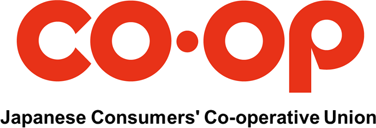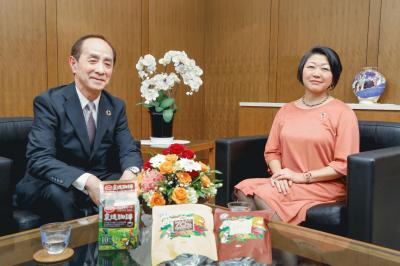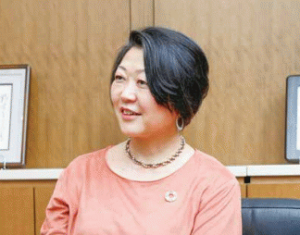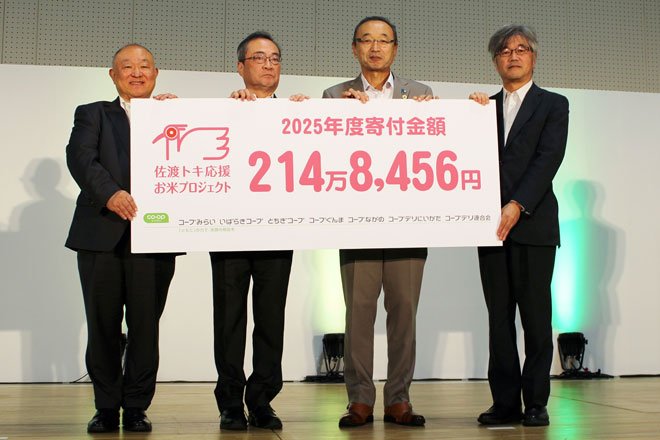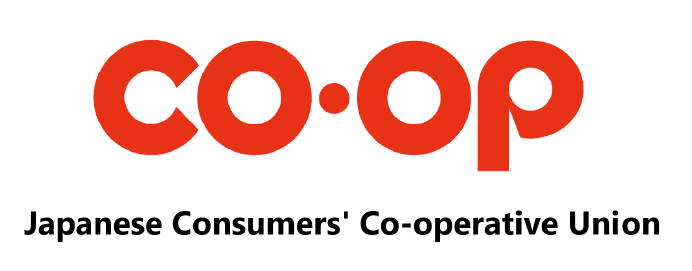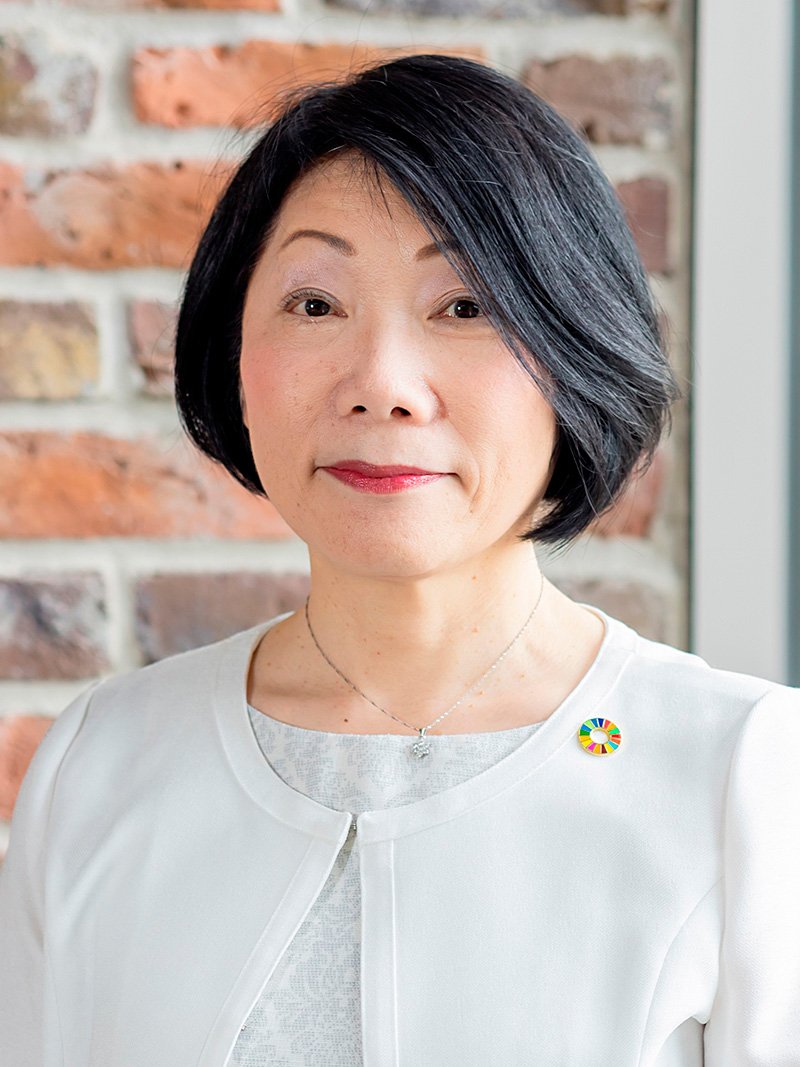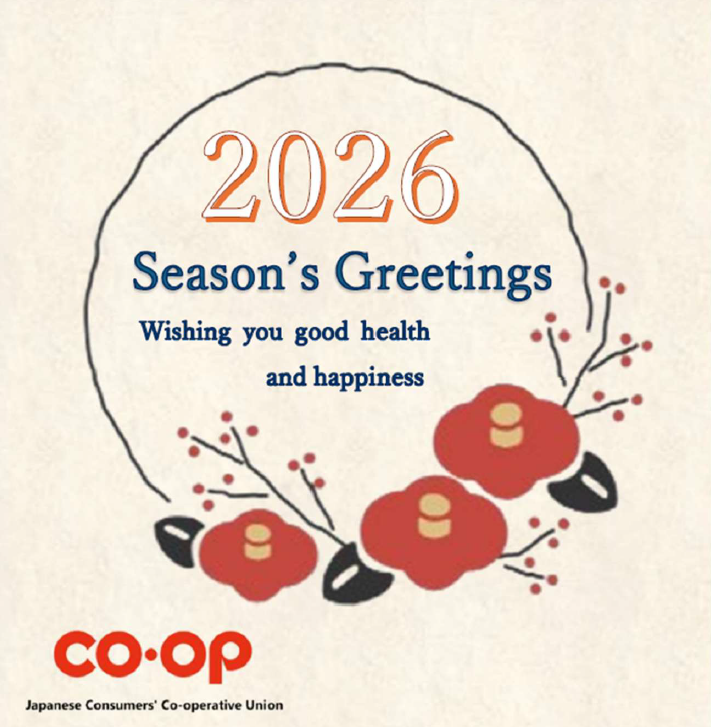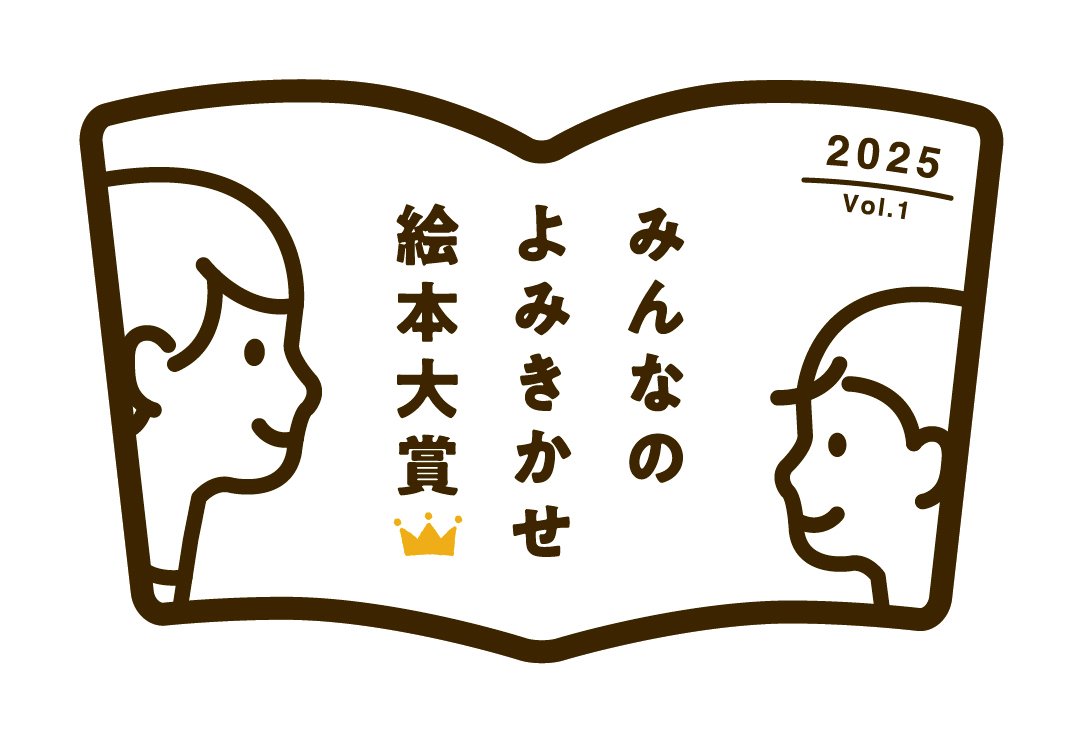The role of consumer co-ops in realizing a sustainable society where no one is left behind (Exclusive Interview) 2
2019.01.10
(proceeding from the former part)
To involve people in SDGs
HONDA:
Please let us know your opinion about participation in the SDGs implementation. Co-ops tackle various social problems with a spirit of "wanting to help people in need" such as solitary aged people and children's living in poverty, but sometimes it is difficult for individual members to be involved even if they are willing to. Perhaps there are similar challenges for the 17 SDGs. In addition to the sense of mission I think feeling of excitement is necessary for people to work towards the SDGs autonomously and voluntarily.
NEMOTO:
I think some initiative approach is necessary to get people involved naturally. There are good examples of contribution through consumption. These days fair trade products have become excellent in design that many people feel like buying them even if the label doesn’t state it’s a fair trade product. Products that give people the feeling of “Wow, so cute!”, and they couldn’t resist buying them, and later find it to be a fair trade products, can automatically lead people to support fair trade items.
Merging diverse fields and creating infinite possibilities
HONDA:
Co-ops originally started from voluntary activities in the community, but as the scale of operation got bigger, it became necessary to separate the businesses from activities.
Co-op business now faces competition from private companies and it is necessary to review the management.
However, in order to demonstrate the strength of co-op business as a unique business model, I feel the necessity of further increasing efforts to integrate the co-op businesses and activities.
NEMOTO:
I think Co-ops have a business model that is capable of integration of tangible goods and intangible goods. Co-ops can promote “Koto (situation oriented) Consumption” business e.g., a package of agricultural product and farming experience.
HONDA:
In that sense, I think co-ops are in a privileged position.
"Children's Cafeteria" is also a good example. In our retail business, along with our food hygiene management rule, we often discard what could still be eaten. On the other hand, there are some co-op members who want to offer assistance to the children in the local communities. In the past, we were engaged in activities to encourage private companies to provide products to “Children’s Cafeteria”, but now through our own efforts, by combining the business and activities, we started to offer unsold items and items donated by co-op members to “Children’s Cafeteria”, along with organizing volunteer staff by co-op members.
There are various businesses and activities engaged by consumer co-ops, so the possibility is unlimited. That makes me really excited.
NEMOTO:
The ability to combine various fields to solve new issues is considered important in achieving the SDGs, for that reason, I think the concept of SDGs fits Co-ops.
HONDA:
Thank you very much. On the premise of diversity, we have a common philosophy that we will not sacrifice anything for, which is "each for all and all for each". In that respect too, it coincides with the spirit of the SDGs "leaving no one behind".
NEMOTO:
The seeds of initiative to achieve the SDGs are in every corner of our lives. I hope that Co-ops encourage and turn the eyes of many people towards the SDGs as organizations rooted in their lives.
HONDA:
Co-ops are given such a good chance; we will work hard towards achieving the SDGs as well as promoting co-operative movement. Thank you.
